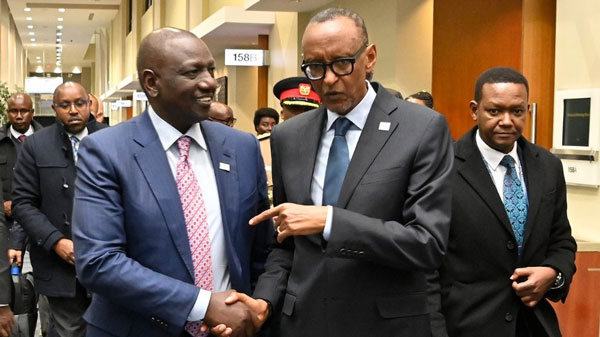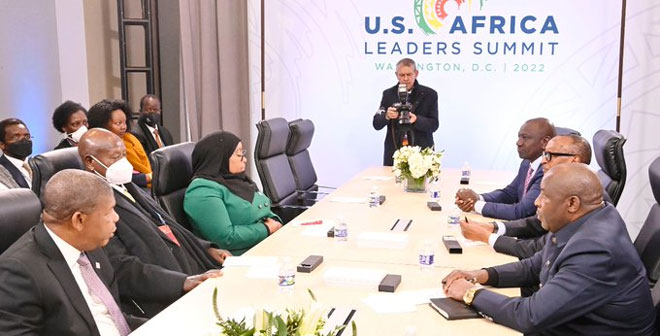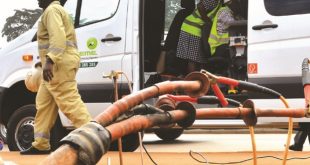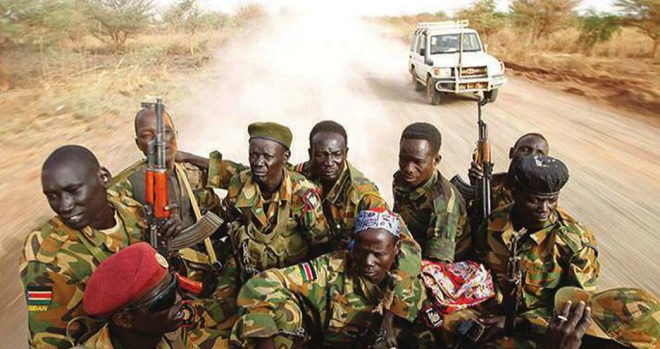
Washington, USA | THE INDEPENDENT & XINHUA | East African leaders have continued the discussion on the situation in the Democratic Republic of the Congo in Washington, where they are all assembled for the USA-Africa Leaders Summit.
While the announcement of the 2023 electoral calendar could make a significant contribution to the strengthening of democracy and stability in the DRC, one of the most significant challenges the country faces is insecurity, particularly in the east.
Rebel offensives have further exacerbated the ongoing humanitarian crisis. The DRC already plays host to the highest number of internally displaced persons anywhere on the African continent.
An estimated additional 370,000 people have been uprooted and forced from their homes in the latest round of hostilities involving rebel group M23.
“It is in our interest as a region to find a lasting solution to the current instability in the Democratic Republic of the Congo. We cannot allow the situation to get worse. That is why we encourage dialogue and cessation of hostilities even as we push for a lasting solution,” said Kenyan President William Ruto after the meeting.
The meeting was attended by Yoweri Museveni of Uganda, Paul Kagame of Rwanda, Suluhu Samia of Tanzania, João Lourenço of Angola and Burundi Évariste Ndayishimiye. Felix Tshisekedi of DRC was represented at the meeting.
DRC has repeatedly accused Rwanda of supportinig Rebels of the March 23 Movement (M23) rebels who have occupied areas in northeastern Democratic Republic of the Congo (DRC).
With fighting still escalating between the rebels and the Congolese army, the DRC is counting on the diplomatic channel to bring peace.
President Kagame took part in a meeting convened by EAC Chair President @GeneralNeva and ICGLR Chair President João Lourenço to review and exchange views on the full implementation of the Luanda Roadmap and Nairobi Process. pic.twitter.com/vuuIFySSVq
— Presidency | Rwanda (@UrugwiroVillage) December 15, 2022
It is in our interest as a region to find a lasting solution to the current instability in the Democratic Republic of the Congo. We cannot allow the situation to get worse. That is why we encourage dialogue and cessation of hostilities even as we push for a lasting solution. pic.twitter.com/CSpsTxEwQD
— William Samoei Ruto, PhD (@WilliamsRuto) December 15, 2022
Since May 2022, M23 rebels have occupied several villages in DRC’s northeastern province of North Kivu amid reports of atrocities and other crimes committed by the M23 and other armed groups.
The preliminary findings of the UN fact-finding team, established in response to allegations of human rights abuses and violations of international humanitarian law by M23 combatants in Kishishe and Bambo villages in Rutshuru territory, have confirmed that at least 131 civilians were either shot dead or killed by bladed weapons by M23 fighters. M23 combatants raped at least 22 women, one of whom was killed after the rape. The team also confirmed the destruction of four schools and occupation of two others by M23 combatants.
On November 23, a mini-summit in Luanda, the capital of Angola, which Congolese President Felix Tshisekedi also took part in, set a timetable that demanded an immediate ceasefire and above all an ultimatum asking the M23 rebels to leave the occupied areas in order to allow a diplomatic solution to the ongoing crisis.
However, the ultimatum has still not borne fruit, noted Xinhua correspondent on the spot from Kibumba.
“They are there right in front of us because they did not comply with the order to withdraw, and we are watching each other day and night. The ceasefire is very fragile until then, but we are holding our position in accordance with the request of our hierarchy to obey the recommendations of the authorities of the region,” Ndjike Kaiko, spokesman for the army in the region, told Xinhua.

The Luanda summit added that if the M23 rebels refused to withdraw, the East African regional force deployed in Goma would “use force to push them into submission”.
Talks between armed groups and the DRC authorities have resumed under the aegis of the mediator of the East African Community (EAC), former Kenyan President Uhuru Kenyatta.
“There will be no dialogue with the M23 if it (M23) does not withdraw from Congolese soil,” the Congolese Minister of Communication and Media, government spokesman, Patrick Muyaya, insisted on in Kinshasa.
M23 military spokesman Willy Ngoma, however, said that “no withdrawal program is on the agenda in the occupied areas,” noting that “only a direct and sincere dialogue will resolve the ongoing crisis in the region.”
At least 200,000 people have fled their homes due to the fighting between the army and the M23 rebels, according to the United Nations.
#RDC: Félix Tshisekedi avec d’autres dirigeants africains reçus par @POTUS pic.twitter.com/Nu2Gun6p9c
— Stanis Bujakera Tshiamala (@StanysBujakera) December 15, 2022
 The Independent Uganda: You get the Truth we Pay the Price
The Independent Uganda: You get the Truth we Pay the Price



